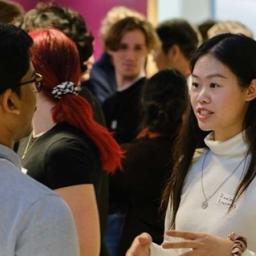
Within the three LDE universities, several educational programmes are running in which students collaborate with community partners, under names such as ‘impact education’, ‘transdisciplinary education’ or ‘challenge-based education’. If we want to train students to be future-proof, it is crucial that they learn to collaborate with partners, and to integrate knowledge from different disciplines. After all, social issues such as the energy transition, migration or security - the so-called wicked problems - cannot be solved by a single discipline or sector.
How do you organise this type of education successfully? What does it demand from didactics, from maintaining relationships with community partners, and from cooperation with other educational institutions? Since 2021, a large number of initiatives within LDE have been exchanging knowledge on this subject. They do so within the LDE Community of Practice Transdisciplinary Education, which now has 30 members from the three universities.
Members are connected to successful initiatives including Impact at the Core and Hefhouse at Erasmus University; the Thesis Workshop The Hague Southwest and the thematic LDE Thesis Labs; Leiden Learning with the City and the Leiden Honours Academy; and WIJStad at TU Delft. Coordinators and teachers from progressive programmes have also joined this Community. Within this Community, members share best practices, learn from each other and search together for solutions to bottlenecks.
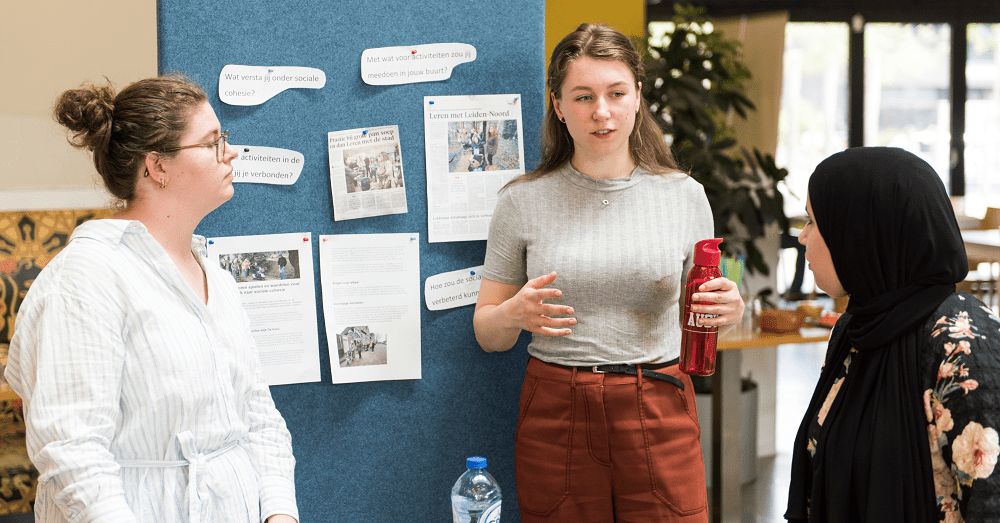
These educational programmes stem from the strategic ambitions of the three LDE universities to strengthen their commitment to the community and the region. The staff who put these strategic ambitions into practice every day, the members of the said Community, have now prepared a Position Paper. Based on their experiences and the opportunities and risks they see, they make recommendations for directors of programmes, faculties and universities. The aim of the Position Paper is to feed the debate on a sustainable way of organising transdisciplinary education. In their view, regional cooperation can play an important role in this.
We want to show the urgency of structurally embedding transdisciplinary education.'
>> Download the Position Paper (Dutch) below this article
Interested in joining the LDE Community of Practice or responding to the position paper? Please contact Marja Verstelle, Project Manager Education Leiden-Delft-Erasmus Universities and moderator of the Community of Practice.
Some of the drafters on the position paper:
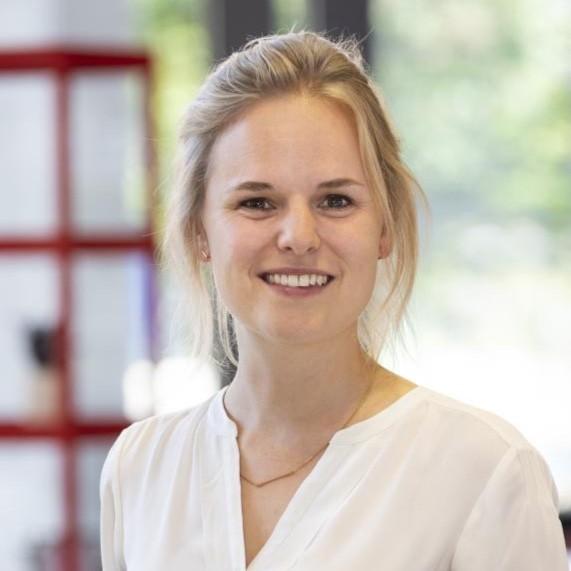 Ilse Markensteijn, Manager of LDE Centre for Sustainability and LDE Thesis Labs: "LDE has wonderful transdisciplinary education initiatives. I am happy with our close cooperation. We learn from each other and together we make visible what it takes to make transdisciplinary education commonplace."
Ilse Markensteijn, Manager of LDE Centre for Sustainability and LDE Thesis Labs: "LDE has wonderful transdisciplinary education initiatives. I am happy with our close cooperation. We learn from each other and together we make visible what it takes to make transdisciplinary education commonplace."
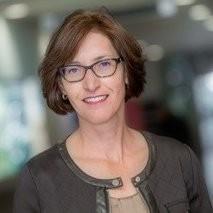 Frieda Franke, Business Developer at Erasmus University Rotterdam and Projectlead Hefhouse: "Transdisciplinary education takes time and courage. Universities must realize that a clear objective and integrated approach are needed to achieve this. The focus must shift from a 'nice to have' to a 'must have'."
Frieda Franke, Business Developer at Erasmus University Rotterdam and Projectlead Hefhouse: "Transdisciplinary education takes time and courage. Universities must realize that a clear objective and integrated approach are needed to achieve this. The focus must shift from a 'nice to have' to a 'must have'."
 Merlina Slotboom, Leiden-Delft-Erasmus Centre for BOLD Cities: "With this position paper we want to demonstrate the urgency of structurally anchoring transdisciplinary education, so that we contribute to concrete solutions in a sustainable way together with social partners and other educational institutions. Only by integrating education, research and collaboration can we make a real impact."
Merlina Slotboom, Leiden-Delft-Erasmus Centre for BOLD Cities: "With this position paper we want to demonstrate the urgency of structurally anchoring transdisciplinary education, so that we contribute to concrete solutions in a sustainable way together with social partners and other educational institutions. Only by integrating education, research and collaboration can we make a real impact."
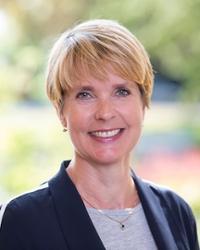
Marieke van Haaren, Project Manager Learning With the City Leiden: "Education with social issues offers students practical experience, and thus also practice with (cross-disciplinary) skills such as (interdisciplinary) collaboration and it contributes to orientation on the labor market. All relevant to our students. A student who recently took part in Learning with the City put it very succinctly that she had learned that as a scientist you can be of significance to your immediate environment: 'And if you think: something needs to change here, then you are also capable of doing so.'"
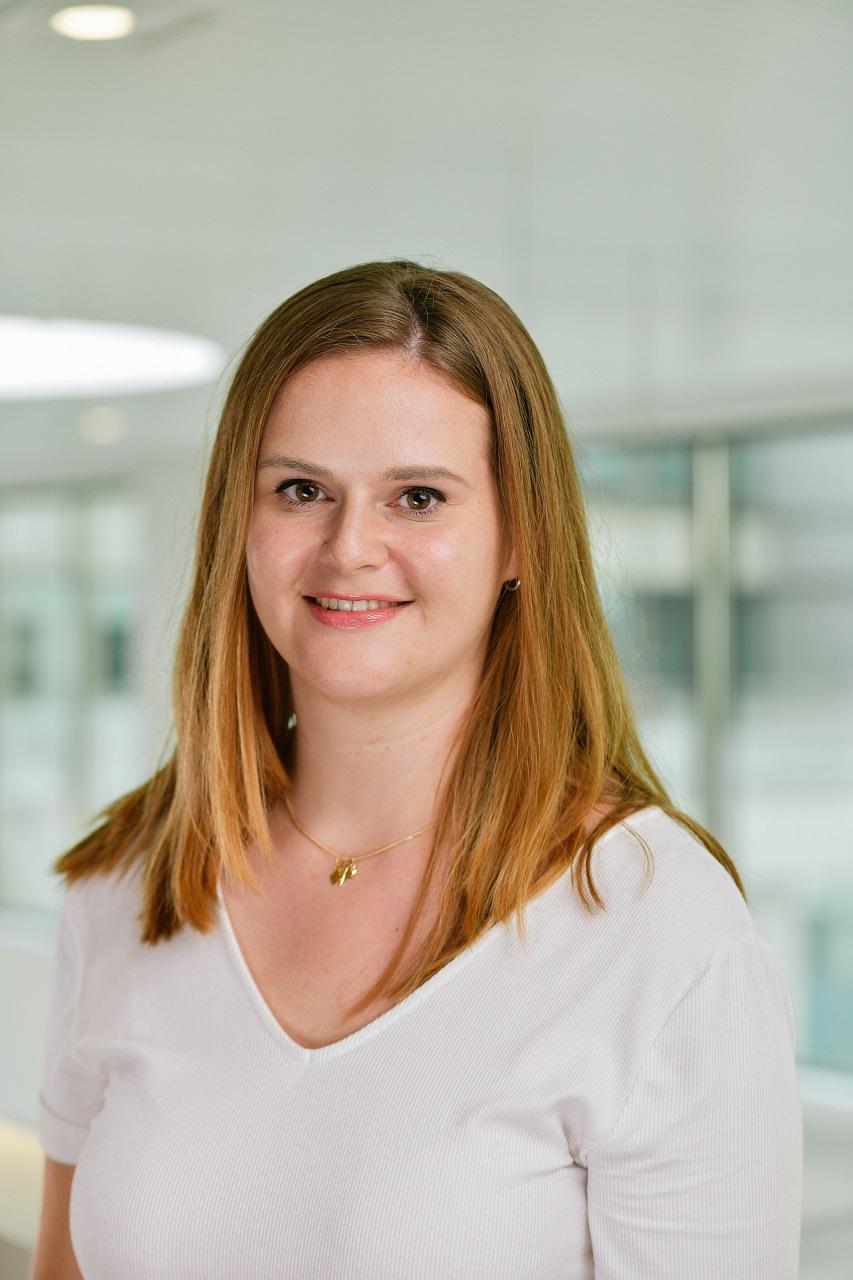 Saskia Postema, Project Manager Challenge Based Education TU Delft/WIJStad: "The added value of transdisciplinary education lies in creating a perspective for action and learning to appreciate different types of knowledge and skills. As a university partnership, we must set a good example in this regard, that is where our strength lies."
Saskia Postema, Project Manager Challenge Based Education TU Delft/WIJStad: "The added value of transdisciplinary education lies in creating a perspective for action and learning to appreciate different types of knowledge and skills. As a university partnership, we must set a good example in this regard, that is where our strength lies."

